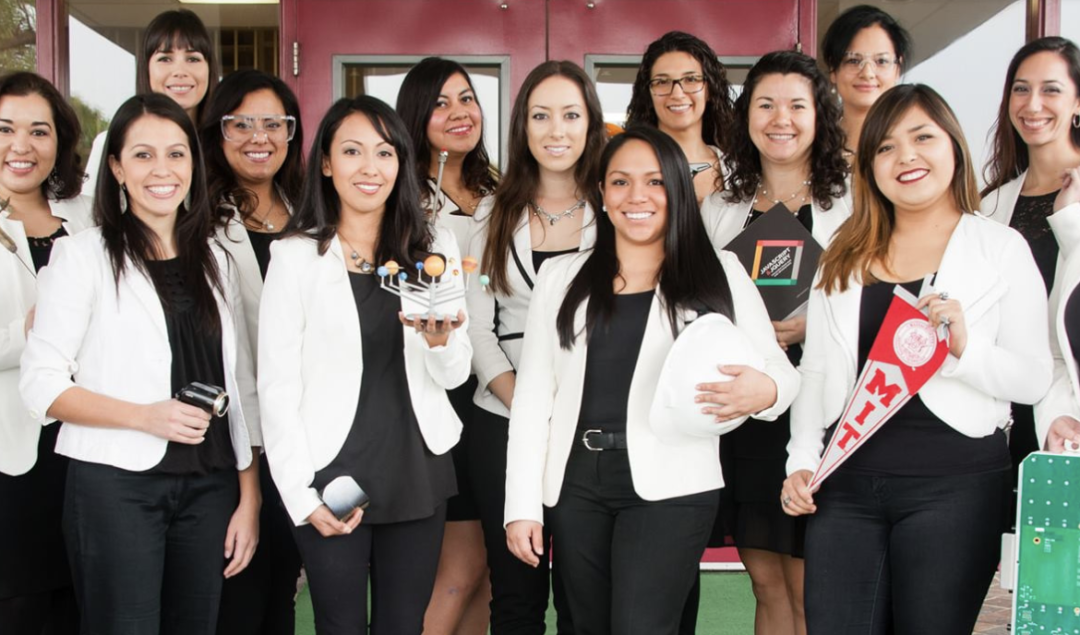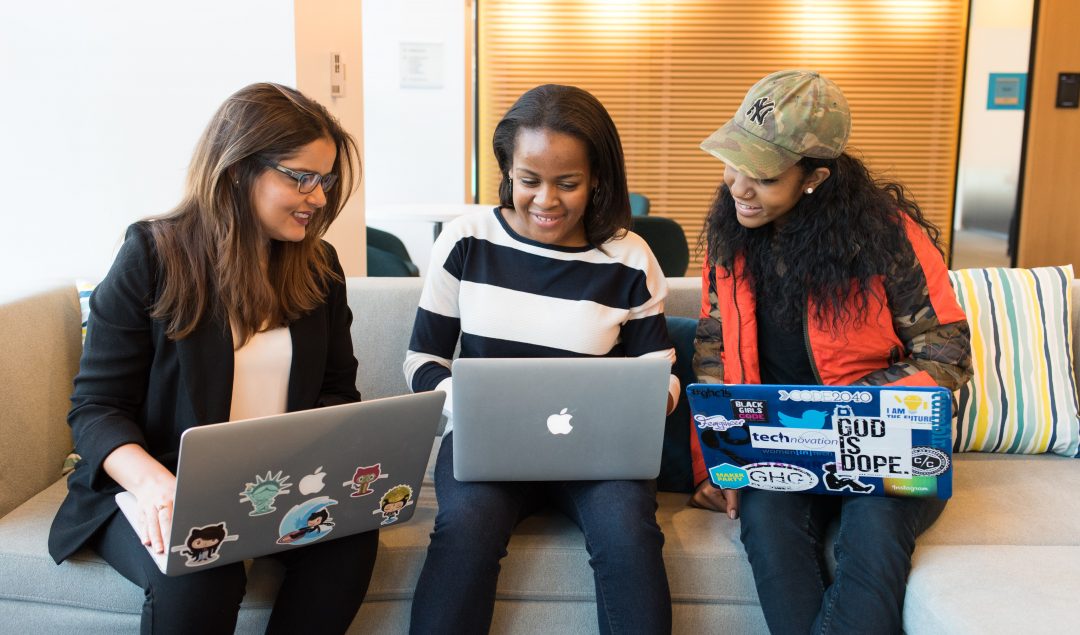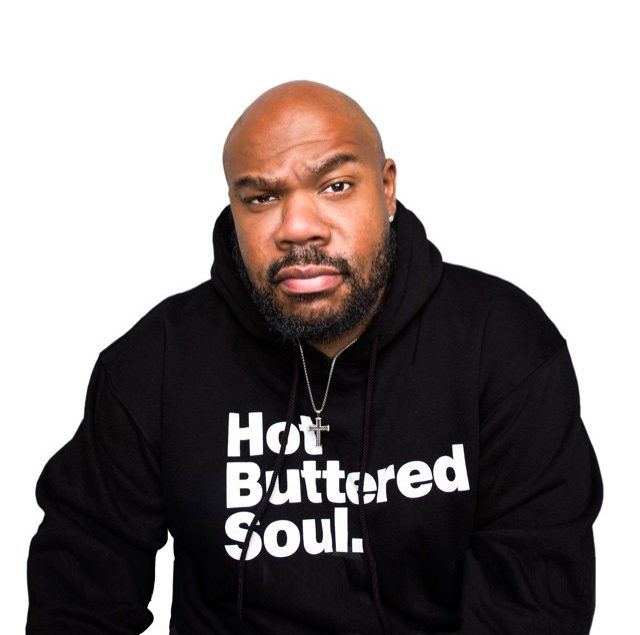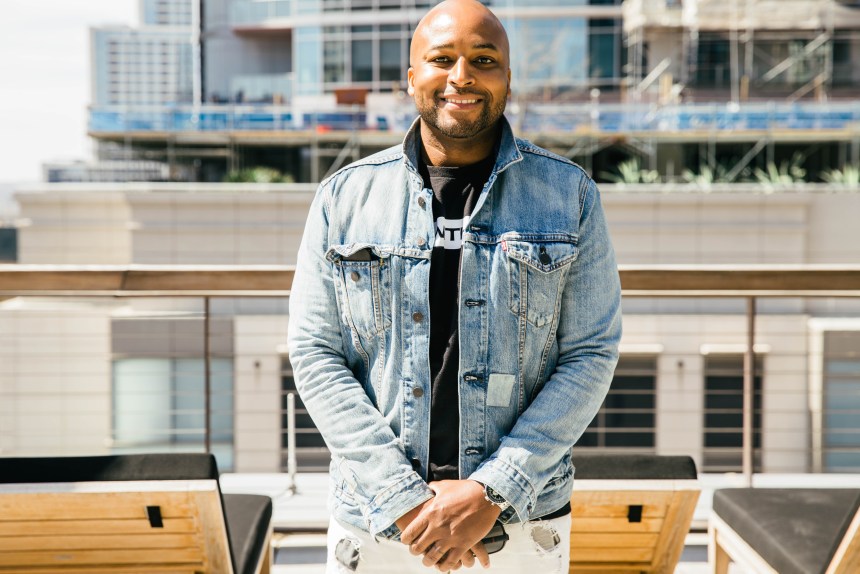According to U.S. Labor statistics, as of December 2020, the global talent shortage amounted to 40 million skilled workers worldwide. By 2030, the global talent shortage is expected to reach 85.2 million—сompanies worldwide risk losing $8.4 trillion in revenue because of the lack of skilled talent. But the reality is more complicated than just a shortage of developers. The problem also has a lot to do with how most companies hire developers. A 2017 Indeed survey found that 80% of U.S. tech managers have selected a candidate who has graduated from a coding boot camp
Across industries, there’s a growing demand and prevalence of mentorship programs, but for people of color who are carving their own paths, mentors remain difficult to find. Science, technology, engineering, and math (STEM) careers are among the most valuable, fastest-growing, and highest-paying in the country, yet Latinas account for only 3% of the industry. That’s why we want to make sure you have the right resources and knowledge to help you land your dream gig. Latinas in Tech was founded in 2014 by Gretel Perera and Rocío Medina with the hopes of creating
The climate of today means if you want to reach a widespread audience you need to utilize social media. One key tool for founders and those looking for new tech opportunities is Linkedin – it’s the place to go for job offers, meeting potential investors, building your company and personal brand, and networking. With more than 774 million members and its focus on business, LinkedIn offers a valuable opportunity for industry professionals to support their businesses marketing goals. From my experience, it seems to be the best place for building connections with
When creating a startup, you go through a few hurdles along the way – from financial challenges to picking the right co-founder that will help spearhead the company with you. It’s never an easy journey, and you should never believe anyone that tells you otherwise, so it’s always essential to have a mentor or an advisor who can share their mistakes and lessons – so you don’t make the same errors. Unfortunately, not everyone has the privilege of landing a mentor or sponsor that will give you the time of
Deciding on the right type of funding for your business can be difficult. In fact, it’s considered one of the hardest and most stressful things you could do as it can make or break your startup. Every funding option has advantages and disadvantages, and some are better suited to certain types of businesses and business models. It’s important to explore the funding options available before deciding how to build your company as the route you take will have some serious consequences. Here we break down what some of the keywords
The opportunity for transformation and growth starts with access to mentorship. Dozens of studies have shown the benefits of having a mentor are endless and these include having increased confidence, improved communication skills, strengthened leadership skills, and a stronger sense of empowerment.
Tech executive and entrepreneur John Imah is one of those leading forces in business today. Imah joined Snapchat as the Global Head of Partnerships and Strategy in 2018, and as you can imagine – it’s a pretty busy job. Still, when he’s not at Snap, Imah works as a tech advisor to startups and some of our favorite A-list celebrities. His level of experience is beyond his years – he sold his first tech startup at age 15, and the age of 16, he sold his second company – a gaming firm
Black entrepreneurs know the climb to getting substantial funding from investors can be practically a vertical ascent. Venture-backed founders tend to all look the same with 73 percent of all founding teams composed exclusively of men while 60 percent of founding teams are exclusively White. But here at POCIT news, we believe our community of great founders, engineers, and designers can do it all and our job is to provide you with insight, tips, and timely news. We’ve compiled a list of all the places you can get funding as
In the US, accelerators like Techstars and Y Combinator are the most active investors in Black founders, followed by early-stage investors like Backstage Capital and Kapor Capital that focus on diverse founders. As we already know, Black founders often get a small portion of the pie when it comes to investment – which is why it’s essential to highlight the VCs dedicated to investing in minority communities and those who have a history of supporting under-appreciated groups. We’ve sifted through a list created by the Black Founders list of VC firms across the US that
Looking back I was generally pretty good at school because to me it was a simple bargain. You go to this location every weekday, listen to someone older than you teach, then on your own time you optionally need to study the concept and apply them to tests. I was a straight-A student and it quickly became a point of pride for me and people who knew me. I was considered “smart”, but looking back I can see that I was mainly regurgitating facts and logic. Lucky for me, this













